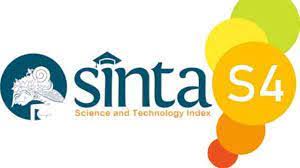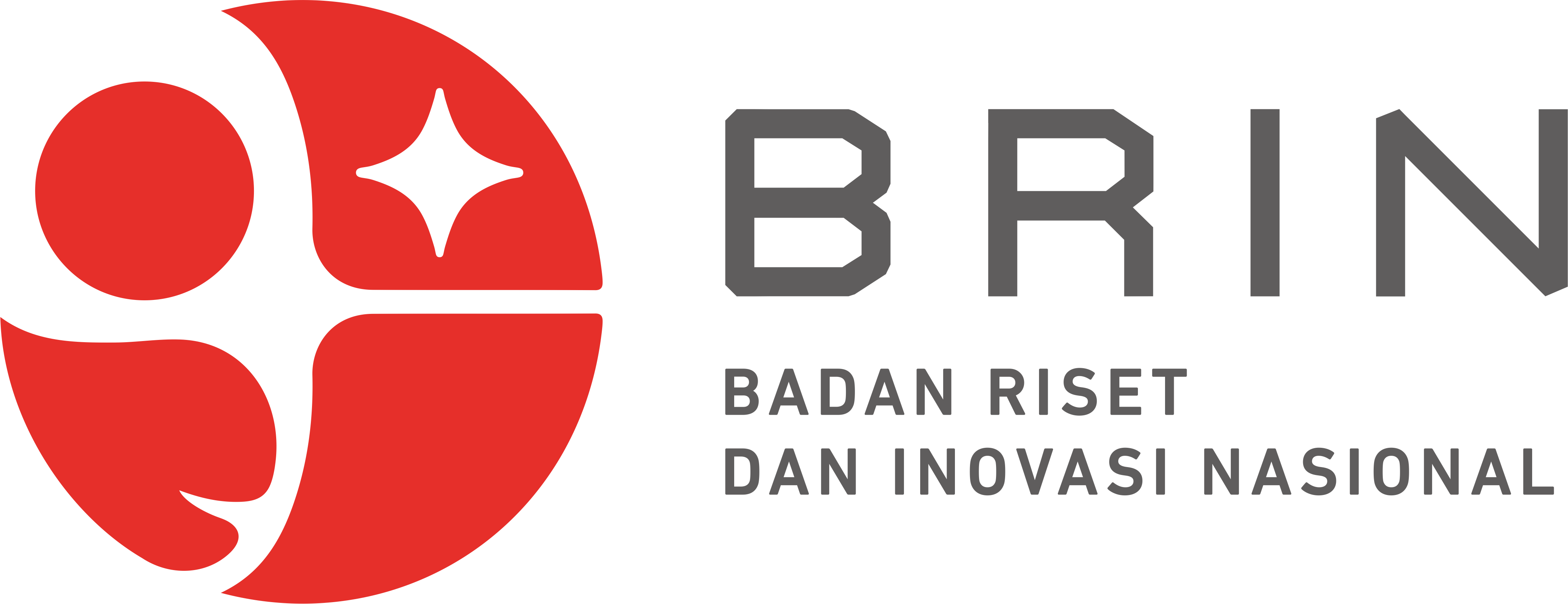THE INFLUENCE OF PROFESSIONAL ETHICS E-MODUL AND LEGISLATION ON STUDENT COURSE GRADES
Abstract
Full Text:
PDFReferences
Ahmad, I. (2018). Proses Pembelajaran Digital dalam Era Revolusi Industri 4.0. Kementerian Riset, Teknologi, Dan Pendidikan Tinggi, 1–13. https://arsip.berkasedukasi.com/2019/02/proses-pembelajaran-digital-dalam-era.html
Astuti, Waluya, S. B., & Asikin, M. (2019). Strategi Pembelajan Dalam Menghadapi Tantangan Era Revolusi 4.0. Seminar Nasional Pascasarjana 2019, 2(1), 469–473. https://proceeding.unnes.ac.id/index.php/snpasca/article/view/327
Fania, J. U. (2022). Prestasi Belajar Mahasiswa kaitannya dengan kualitas pengajaran Dosen. NEM.
Gunawan Gianti, D. (2021). Adaptasi Pembelajaran dengan metode Hybrid Learning.
Hasanuddin. (2017) Biopsikologi pembelajaran teori dan aplikasi. Syiah Kuala university press darussalam
Hilaliyah, H. (2015). Pengaruh Persepsi Mahasiswa Atas Bahasa Indonesia Prestasi Belajar Bahasa Indonesia. Faktor Jurnal Ilmiah Kependidikan, Ii(2), 115–122.
Husen, Ike R. (2017). Teori Bolu Bantat Tips dan trik pembelajaran berbasis masalah. Bitread Publishing
Imansari, N., & Sunaryantiningsih, I. (2017). Pengaruh Penggunaan E-Modul Interaktif Terhadap Hasil Belajar Mahasiswa pada Materi Kesehatan dan Keselamatan Kerja. VOLT : Jurnal Ilmiah Pendidikan Teknik Elektro, 2(1), 11. https://doi.org/10.30870/volt.v2i1.1478
Junaidi, A. dkk. (2020). Panduan Penyusunan Kurikulum Pendidikan Tinggi. Direktorat Jendral Pendidikan Tinggi Kementrian Pendidikan dan Kebudayaan.
Kemdikbud. (2020). Panduan Pembelajaran Jarak Jauh. Kementrian Pendidikan Dan Kebudayaan, 28. https://bersamahadapikorona.kemdikbud.go.id/panduan-pembelajaran-jarak-jauh/
Lesmana, G. (2021). psikologi perkembangan peserta didik (R. Harfiani (ed.)).
Muchtar, M. (2015). Etika profesi dan Hukum kesehatan. Pustaka Baru Press.
Mutmainah, Aunurrahman, W. (2021). Efektifitas penggunaan e-modul terhadap hasil belajar kognitif pada materi sistem pencernaan manusia di madrasan tsanawiyah. Jurnal Basicedu, 5(3), 1683–1688.
Puspitasari, S. N., Suyono, S., & Astutiningtyas, E. L. (2021). Efektivitas Penerapan E-Modul dalam Meningkatkan Pemahaman Siswa Kelas VIII pada Materi Pola Bilangan Masa Pandemi. Journal of Mathematics Education and Learning, 1(3), 274. https://doi.org/10.19184/jomeal.v1i3.26773
Safitri Baiq RA, Pahriah, W. P. (2022). Pengaruh Penggunaan E-Modul Pada Matakuliah Teori Belajar Terhadap Hasil Belajar Mahasiswa PTI Undikma. Jurnal Ilmilah Mandala Education, 8(4), 2663–2666. https://doi.org/10.36312/jime.v8i4.3928/http
Schüler, A., & Scheiter, K. (2011). The Role of Working Memory in Multimedia Instruction : Is Working Memory Working During Learning from Text and Pictures ? 389–411. https://doi.org/10.1007/s10648-011-9168-5
simarmata janner, D. (2020). Pendidikan di Era Revolusi 4.0 Tuntutan, kompetensi & tantangan (L. Tonni (ed.)). Yayasan Kita Menulis.
Veratiwi, V., Sekarwana, N., & Husen, I. R. (2019). the Effect of Blended Learning Toward Memory Retention Rates of Neonatal Resuscitation Skills and Student’S Perception. Jurnal Pendidikan Kedokteran Indonesia: The Indonesian Journal of Medical Education, 8(2), 83. https://doi.org/10.22146/jpki.38542
Yousefzadeh, S., Zohani, M., Mazlom, S. R., & Feyzabadi, M. G. (2017). Knowledge and Attitude of Midwifery Students towards Observing the Ethical and Legal Standards of Patients’ Rights. Journal of Midwifery & Reproductive Health, 5(3), 978–987. https://doi.org/10.22038/jmrh.2017.8888
Yulianti, I. (2022). Peran penting mata kuliah etika profesi kebidanan terhadap perilaku etis mahasiswa kebidanan di Universitas Borneo Tarakan. Jurnal Kebidanan Indonesia, 13(2), 77–83.
DOI: https://doi.org/10.30602/jkk.v10i2.1377
Article Metrics
Refbacks
- There are currently no refbacks.

This work is licensed under a Creative Commons Attribution-ShareAlike 4.0 International License.

_.jpg)












